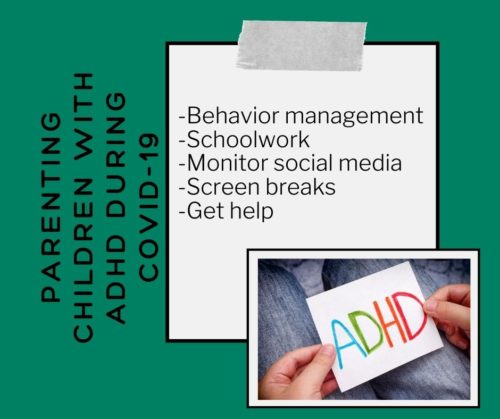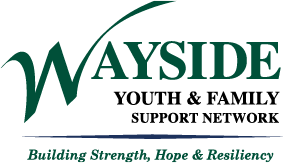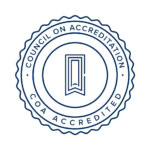Parenting Children With ADHD During COVID-19

By Dr. Lauren Barry, Director of Clinical Initiatives and Data Analytics
At Wayside Youth & Family Support Network, where I’ve worked as a psychologist for 22 years, over 20 percent of our youth are diagnosed with Attention Deficit Hyperactivity Disorder (ADHD). Our trained clinicians, parent support specialists and special education teachers work with families to help manage the emotional and behavioral health needs associated with ADHD. Now, as a result of COVID-19, parents are doing the work previously shared by a team of people. There’s no expectation that any parent should be able to take on any of the above roles, let alone master them.
To help, I compiled a list of tips and resources with help from John Allen, a lead Family Support Specialist at Wayside’s MetroWest Community Services program.
Behavior management:
- If your child takes medication, contact your provider to make sure you have refills and to determine if their dose needs to be changed while they are not in school. Contact your pharmacy to see if it’s possible to have the prescription mailed.
- Expect more behavior issues and remember that your child is not acting willfully when they are disorganized, loud, messy, easily distracted or unable to wait their turn.
- Establish a routine and stick to it. Based on your child’s age, have them brainstorm with you what works best for them. There is more buy-in when they are part of the plan.
- Set clear expectations and rules that are age appropriate. Give consequences based on their emotional age rather than their actual age.
Schoolwork:
- A timer is your best friend! For homework, start by setting the timer for 10 minutes and gradually increase the amount of time. Build their self-esteem (an issue for kids with ADHD) by starting with information they already know.
- Children with ADHD can be anxious. Avoid battling with your child if they are getting frustrated. John emphasizes that your relationship with your child should be more important than schoolwork.
- Focus on your child’s strengths. Children with ADHD are often very creative thinkers. Tap into what their passion is (if it’s sports, have them create a Google slideshow about their favorite team or athletes) and let them run with it!
Monitor social media:
- Encourage appropriate social media use and monitor it – FaceTiming, gaming and making TikTok dance videos are all fun and safe ways for them to stay connected to their friends.
- Consider relaxing screen time rules. Local PBS stations will be offering additional educational programming for the foreseeable future. It might be a break you both will need.
- Use apps to your advantage – Calm for meditation, Breathe, Think, Do with Sesame teaches problem solving and self-control, Stop, Breathe and Think Kids teaches mindfulness and compassion and Priority Matrix will help with relaxation and keeping track of tasks.
Take a break from screens:
- Create a menu of non-screen choices: board games, puzzles cooking, art projects, playing cards, creating a movie, listening to music, reading, caring for pets, taking walks around the neighborhood or redecorating their room.
- Being confined to the house is extremely difficult for kids with ADHD. Start the day with movement and whenever they need to get their energy out. John suggests something as simple (and fun) as jumping jacks, running around the house as fast as they can or going for a hike. His kids love Geocaching (Google it!).
If you need immediate help – If you or your child need to see a counselor, contact the Behavioral Health Partners of MetroWest at (844) 528-6800. Telehealth services can be set up until in-person services resume.
Lauren Barry, Ph.D., is a counseling psychologist who has provided treatment to children and adolescents at Wayside for over 20 years.

